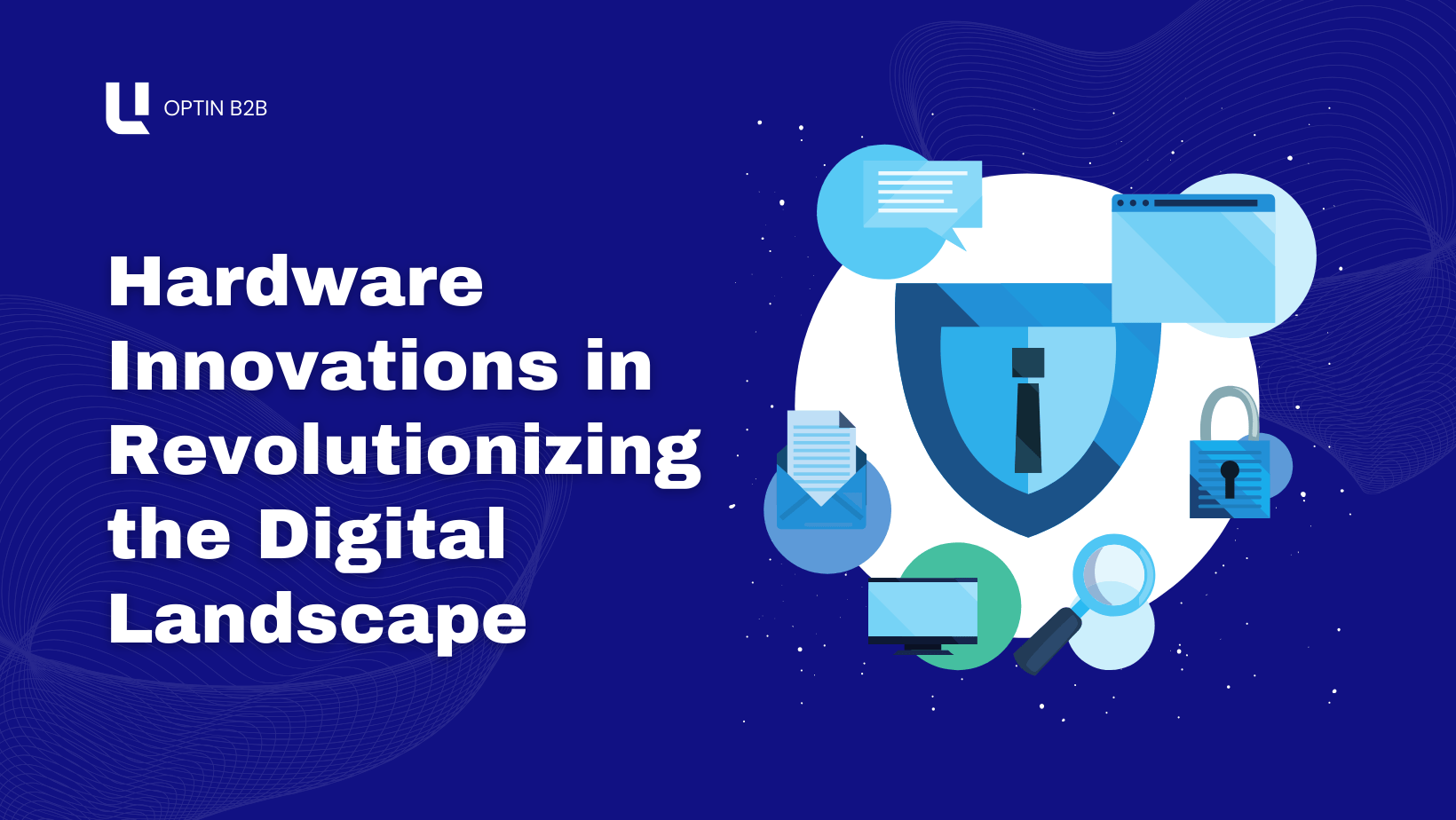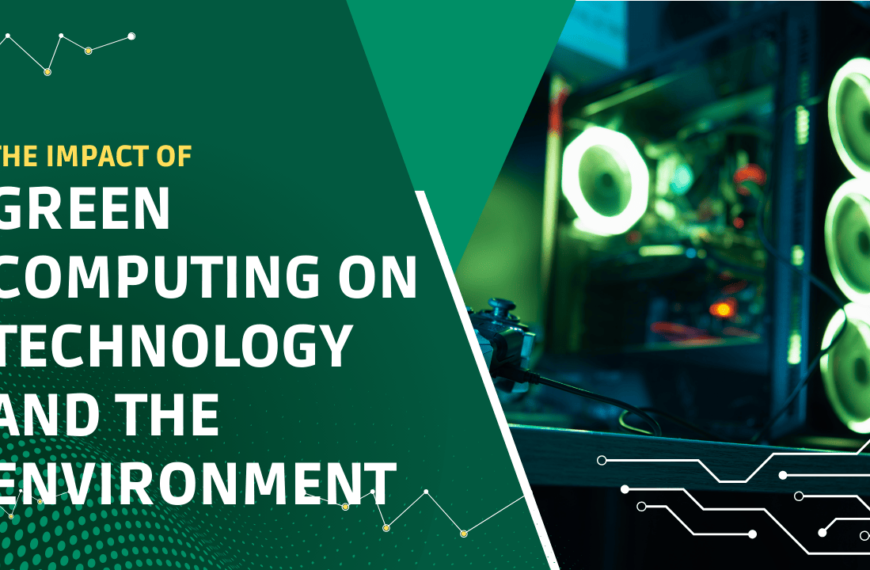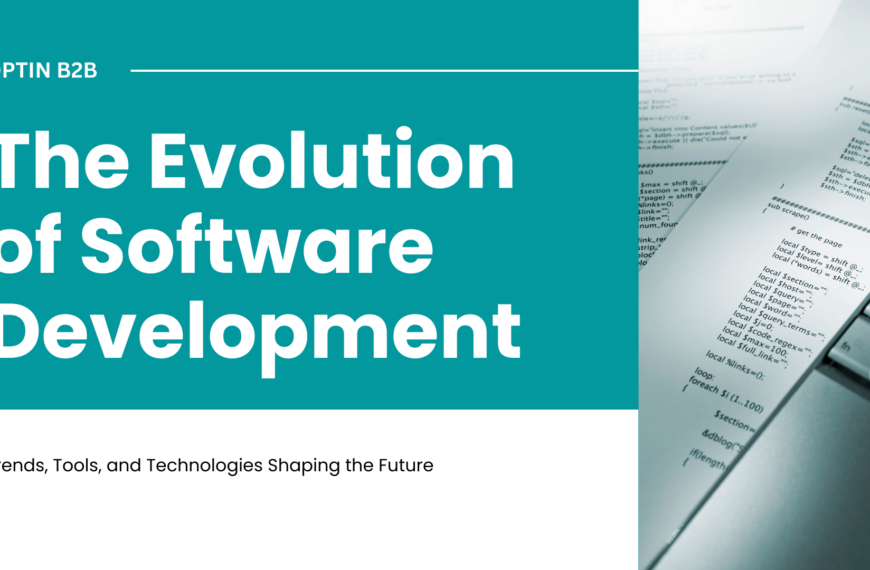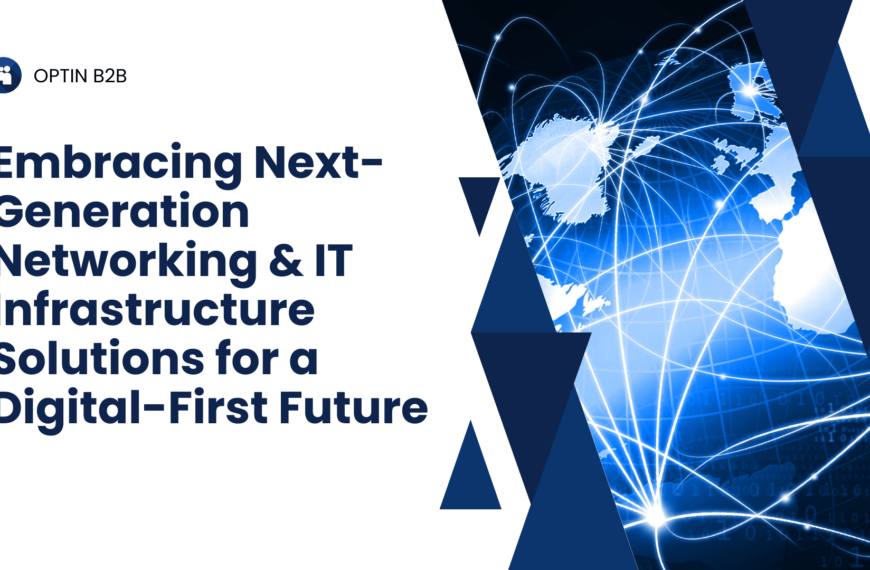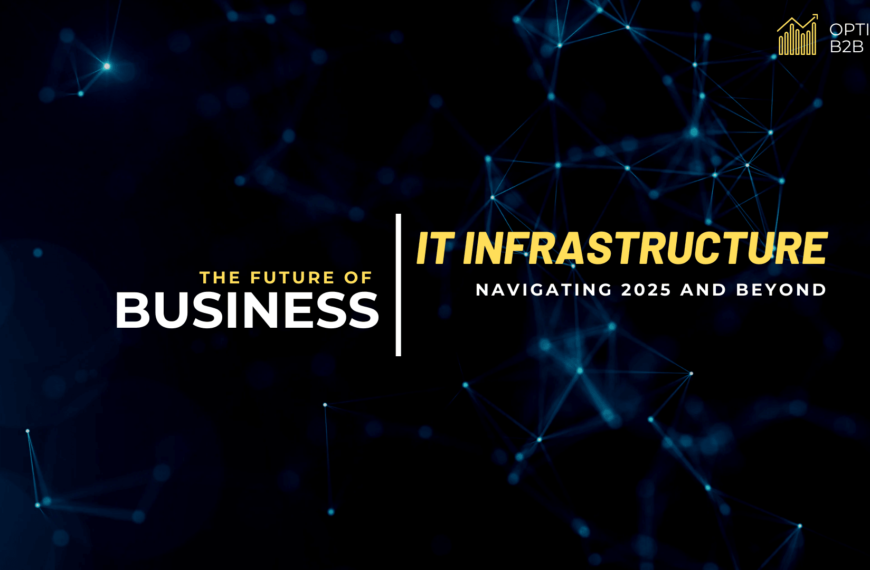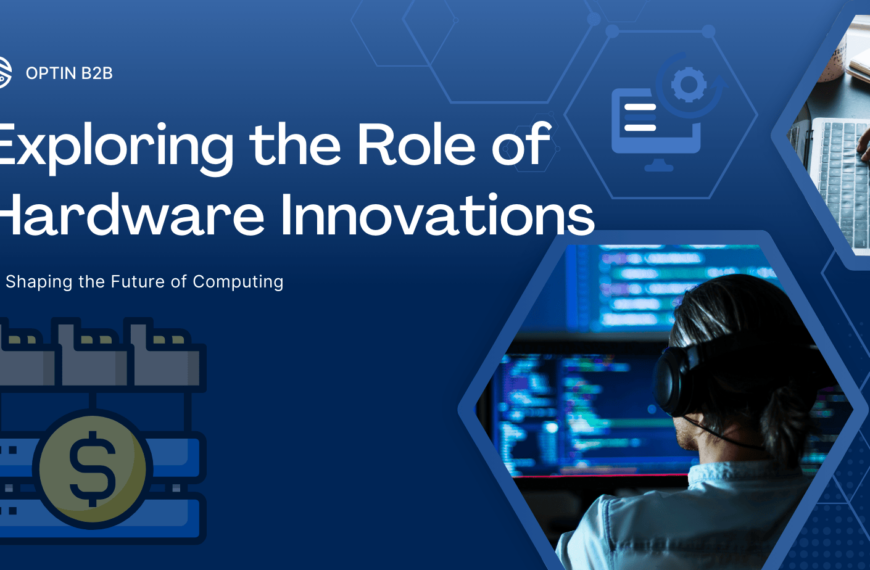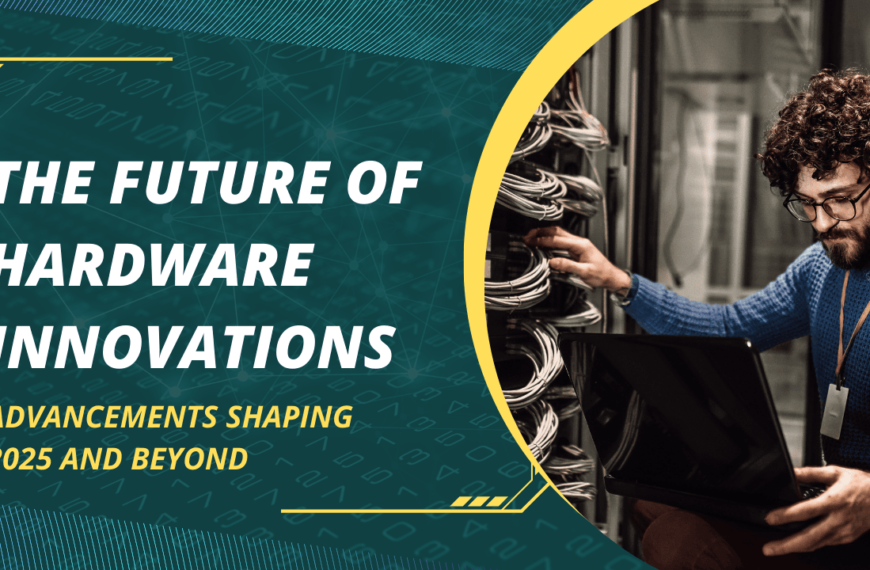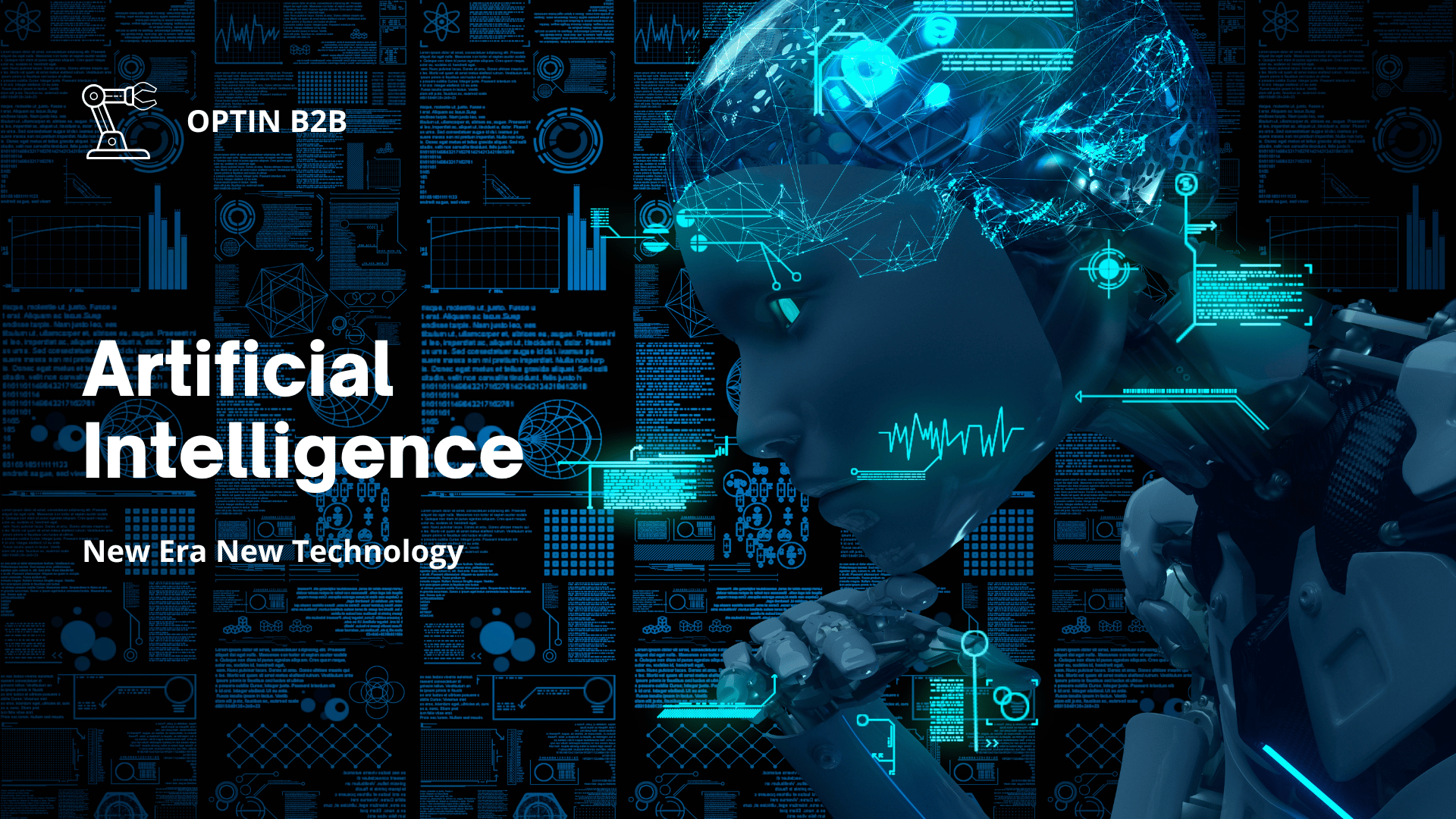The realm of hardware innovations has been continuously evolving, propelling advancements in numerous industries. As businesses across the globe invest in cutting-edge technologies, the future of computing is closely tied to the hardware that powers these solutions. From artificial intelligence (AI) to cloud computing and Internet of Things (IoT), hardware plays a pivotal role in optimizing performance, improving efficiency, and enabling new possibilities. As we step into 2025, several key areas of hardware innovation are set to redefine industries and empower businesses to achieve greater results.
AI-powered Hardware has emerged as a game-changer, with companies such as NVIDIA and Intel driving the evolution of processors and chips designed to accelerate machine learning tasks. These specialized AI chips are transforming industries like healthcare, autonomous vehicles, and finance by enabling real-time data processing and intelligent decision-making. For instance, NVIDIA’s A100 Tensor Core and Google’s Tensor Processing Unit (TPU) are crucial in empowering businesses to run sophisticated machine learning models more efficiently, unlocking the potential of AI at scale. This hardware development is key to advancing everything from natural language processing to predictive analytics, further pushing the boundaries of AI applications.
As AI continues to grow, quantum computing represents another frontier in hardware innovation. Companies like IBM and Google have made significant strides in the development of quantum computers, which leverage qubits to perform calculations at speeds far beyond the capabilities of classical computers. The promise of quantum computing lies in its ability to solve complex problems that are beyond current computational reach, such as simulating molecular structures for drug discovery or optimizing large-scale logistics networks. While still in its nascent stage, quantum hardware is already showing potential to disrupt industries and present new opportunities for businesses that can harness its power.
Meanwhile, the rise of edge computing has sparked new hardware advancements aimed at processing data closer to where it is generated. With the proliferation of IoT devices, there is an increasing demand for real-time data processing without the need for sending data to centralized servers. Intel and Qualcomm are at the forefront of developing edge computing devices that process and analyze data locally, reducing latency and bandwidth requirements. This technology is particularly important for industries such as manufacturing, where real-time decision-making and predictive maintenance can significantly improve operational efficiency and reduce downtime.
In addition to AI, quantum computing, and edge technology, sustainability is becoming an integral consideration in hardware development. Companies like Apple and Microsoft are leading the charge in creating more energy-efficient, eco-friendly hardware solutions. Apple’s commitment to using 100% recycled materials in their devices and Microsoft’s carbon-negative data centers are examples of how the tech industry is addressing environmental concerns. These innovations are helping companies lower their carbon footprints while still achieving high performance. Sustainable hardware solutions are expected to become the norm as businesses prioritize environmental responsibility and regulatory compliance.
Lastly, 5G technology is accelerating the demand for new hardware designed to support faster, more reliable wireless communication. With the global rollout of 5G networks, companies such as Qualcomm and Ericsson are developing 5G-enabled devices that offer ultra-fast speeds, low latency, and enhanced connectivity. This is set to revolutionize industries ranging from smart cities to autonomous vehicles. The ability to process large amounts of data quickly and seamlessly will drive innovations in telemedicine, e-commerce, and supply chain management, creating new opportunities for businesses to enhance their services and reach new customers.
In conclusion, the hardware innovations shaping the future of computing are accelerating technological advancements in every sector. With AI-powered chips, quantum computing, edge processing, sustainable practices, and the rollout of 5G, businesses are poised to leverage hardware technologies that will redefine their operational capabilities and improve overall performance. As the hardware landscape continues to evolve, staying at the forefront of these innovations will be critical for businesses aiming to remain competitive in an increasingly tech-driven world.

